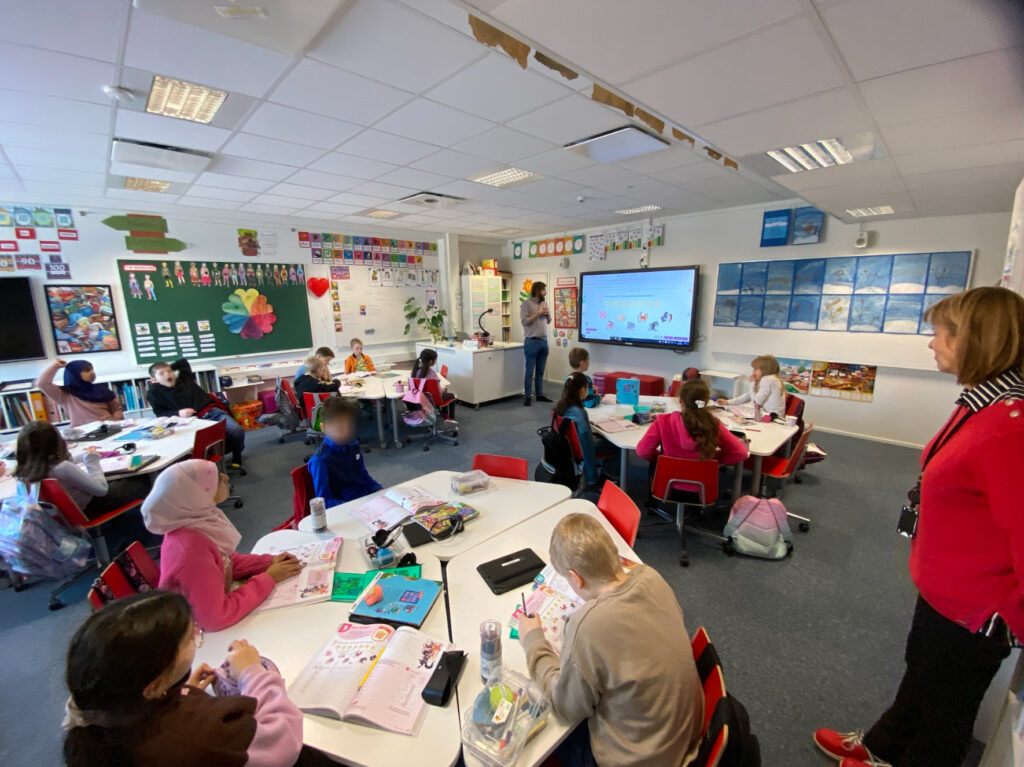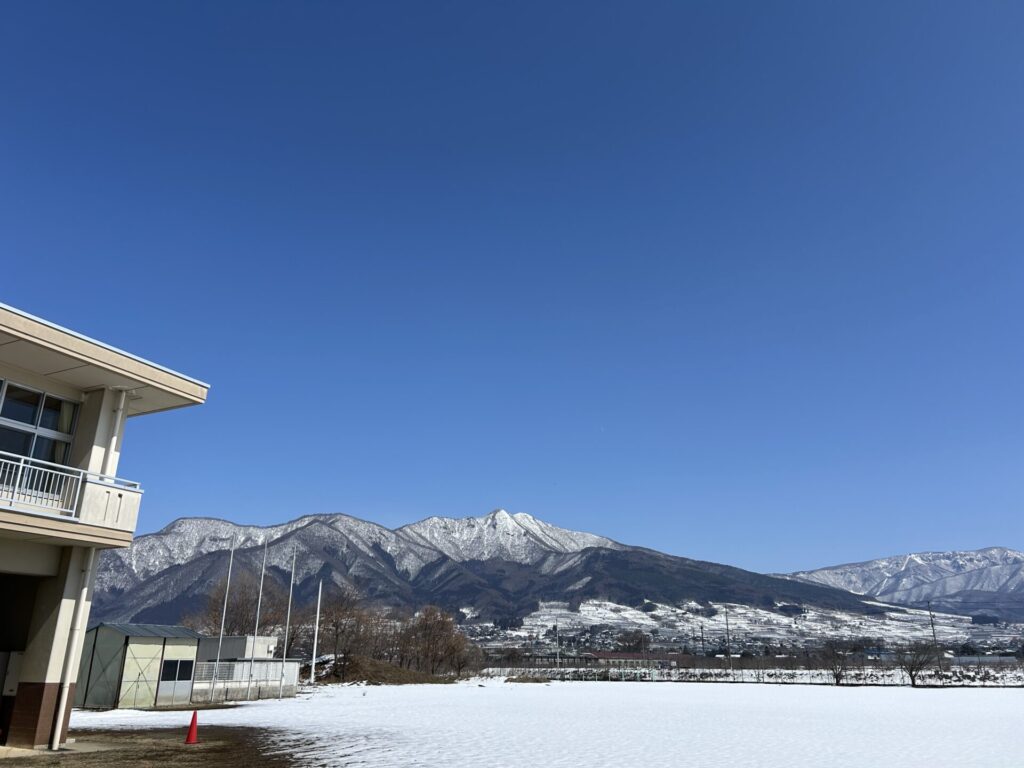There seems to be a growing focus on Finland’s education system and culture of well-being, with movements underway to incorporate them into Japan. One reason Finland’s education system is garnering attention is because its outcomes are believed to be directly linked to levels of happiness and richness in life.
There are several notable aspects of Finland’s education system:
- A culture of respecting individual students: Finland’s education system focuses on the uniqueness and interests of each student. This approach allows students to build confidence and grow towards self-realization.
- An environment without intense competition or strict evaluation: Finland’s education system places less emphasis on competition and rigorous evaluation, providing an environment for students to learn without comparing themselves to others or facing excessive stress, resulting in more positive learning experiences.
- Teacher expertise and leadership: In Finland’s education system, teachers possess high levels of expertise and demonstrate autonomous leadership. By guiding and supporting students, teachers enrich the learning experiences of their students.
- Emphasis on equality and inclusivity: Finland’s education system values social equality and inclusivity. Ensuring all students have equal opportunities for education is prioritized, resulting in reduced social inequality.
These factors combined contribute positively to the happiness and richness of life for students in Finland. By adopting similar approaches and cultures in Japan, there is potential to realize better educational environments and social prosperity.
Since 2021, ISN has been collaborating with universities, education experts, principals, and teachers in Finland to develop training programs for teachers.

In 2022, students who will become practicing teachers, along with the education faculty of Finnish universities and a school called Teacher’s School, observed elementary and middle schools, visited classes taught by experienced teachers known as mentors for each grade or subject, and conducted interviews. When we visited the city focusing on university activities, we felt a culture of well-being, where individuality, richness in life, and diversity in thoughts and perspectives were embedded, in people’s words, the city’s atmosphere, and even in learning.
For ISN, an IB school, it is beneficial for everyone to deepen the concept-based approach and study the environment of Inquiry Based Learning of teachers centered around well-being. Initiated by ISN’s training and exchanges on-site, regular online meetings and brainstorming sessions between representatives from Finnish universities and ISN staff continue. At the Nakano Campus, opening in April 2024, we plan to gradually incorporate initiatives that reflect the well-being of Finland and hope to generate interest among various people.






